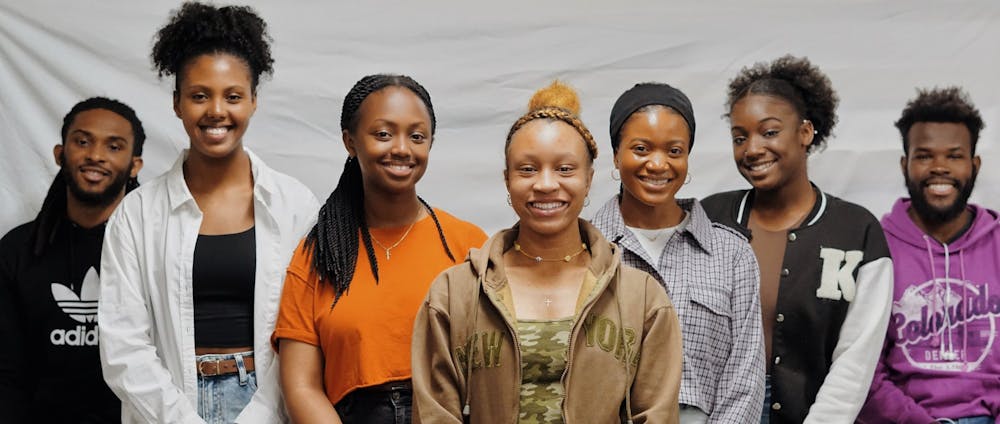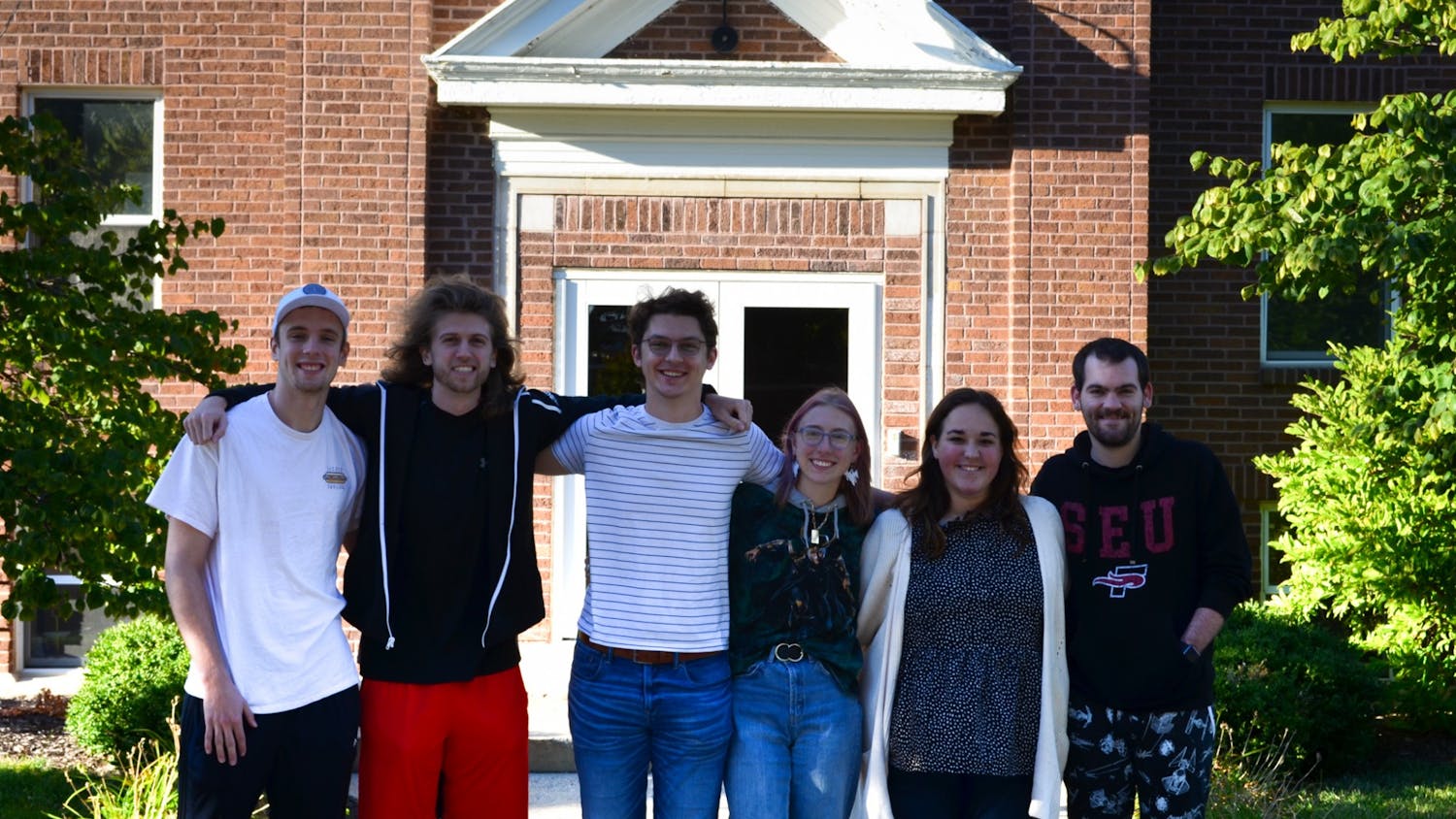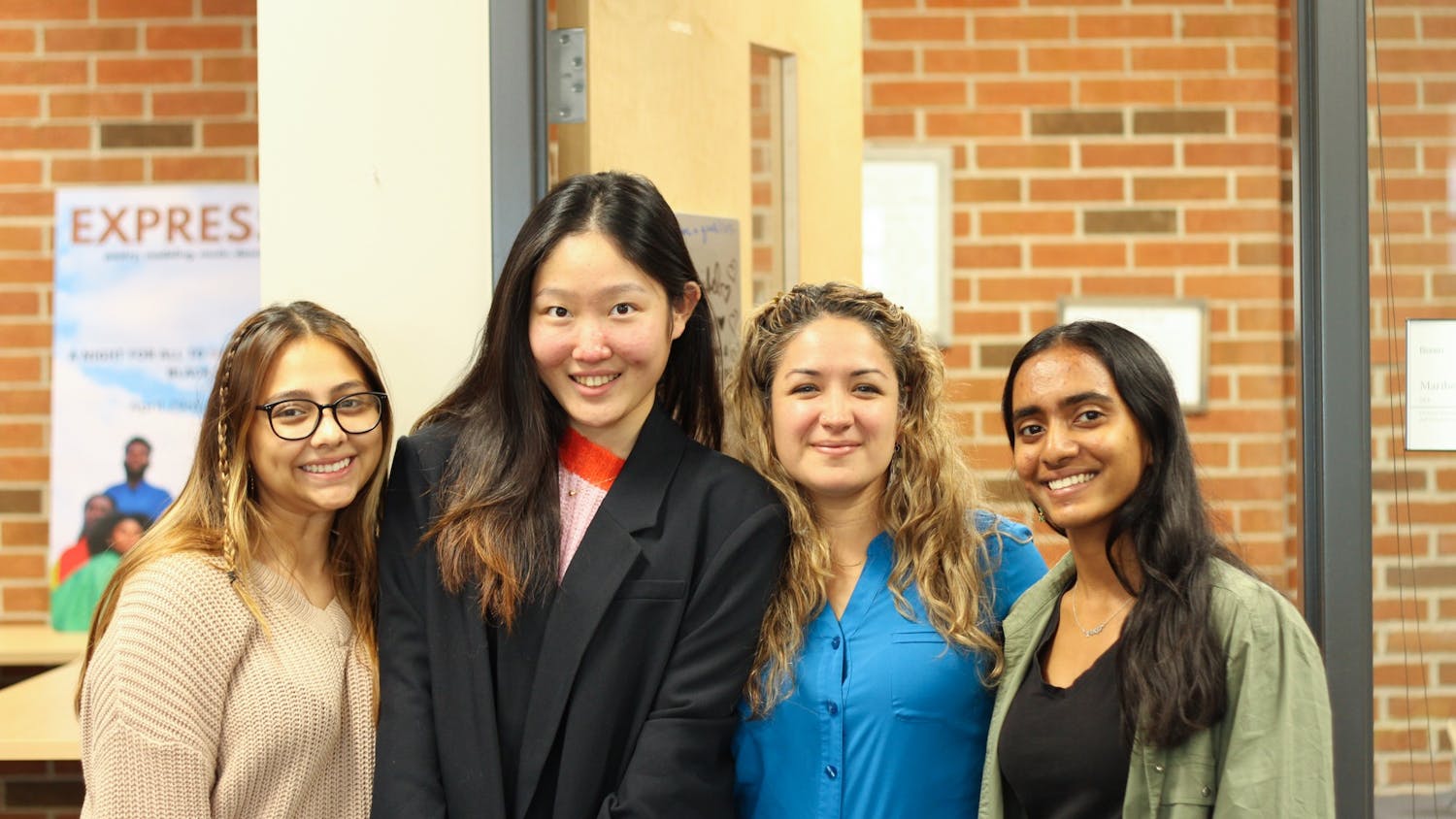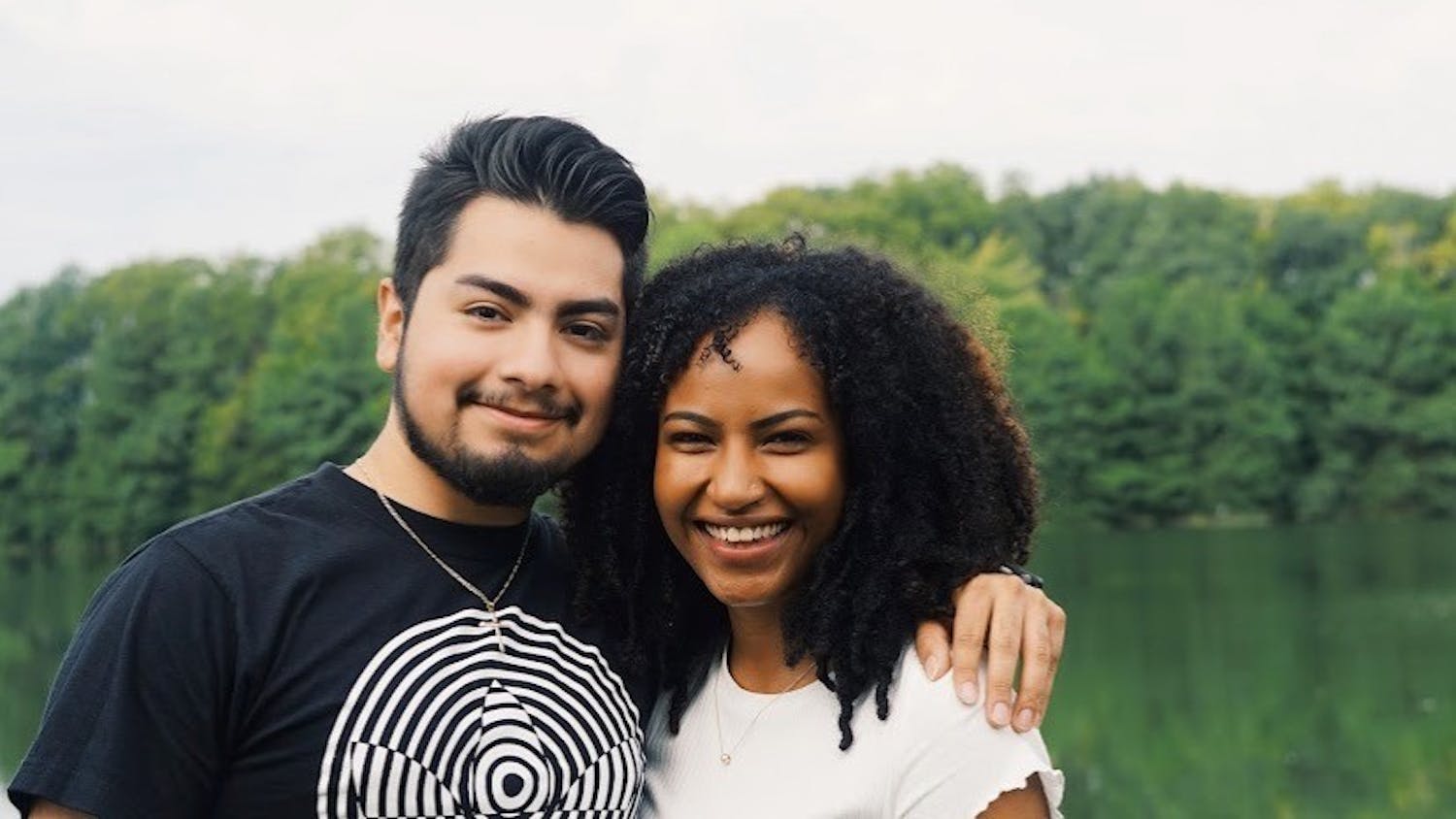“I think of strength.”
These were the words of Goodness Korrie, president of the Black Student Union.
And to Korrie, that’s exactly what the BSU means — strength, support and fellowship in faith.
Involved in the program since her sophomore year, Korrie’s role in the BSU began with her presidency, but has continued into her junior year with both personal and program-wide growth.
“God has just blessed us with so much, like, knowledge and wisdom on how to like, go about the uplifting variation of the campus and also within the classes on campus as well,” Korrie said. “Whenever we have external events, we see more of professors, and we see them bringing their kids and their family and we also see like all other students coming in.”
These external events are some of the most successful pillars of the program. From their representative table at the freshman orientation fair last fall to the Black Heritage Night at the Hodson Dining Commons this month, BSU has been active, with more events planned for this coming semester.
One such event will be the second annual Expressions event. Inspired by their turnout last year, the BSU hopes to continue their mission by offering students across campus a taste of Black culture.
“We're just hoping that we can be able to show more of the different cultures and the different diversities within the Black culture through these events,” Korrie said. “[Last year,] we did a fashion show at the end where it's like, we have different cultural outfits. And then we have students before we have them sing, have them read poetry. It just ranges from so many different things. It's pretty much express yourself in whatever [way] you feel comfortable.”
The other aspect of this intercultural collaboration is the education the BSU hopes to provide to students who may not have as much knowledge about Black history or about other cultures and countries in general.
A more recent example of this gentle introduction to Black history was on display during the heritage dinner, where the Dining Commons displayed slides spotlighting Black innovators, inventors and historical figures.
“We also do not want to force people to have to learn so we keep it there, like, optional,” Korrie said. “There are slides if you want to look at, but you don't have to. You can celebrate if you want to.”
But BSU doesn’t solely exist to bring different cultures, races or backgrounds together in fellowship. It also seeks to support Black students across campus.
Internal events crafted specifically for Black students are one way BSU has begun to foster community, but Korrie noted that there are many other ways Black students have come together throughout her time serving the program.
“You will see some of our Black students just hanging out in [the Office of Intercultural Programs] and just chatting and getting to know one another,” she said. “It’s been amazing.”
Nonetheless, the issue of Black students’ participation in the BSU has been one of the major challenges Korrie has faced.
While she’s found good turnout for larger events, attendance has been far from consistent for the majority of activities BSU has put together.
“We tried to host events for the black students,” Korrie said. “Sometimes we don't have the people that we’d like to see at each event, be at the event. So, [I’d] like to encourage them to feel like it is a safe space for them.”
Despite the lack of consistency, though, Korrie has witnessed a lot of growth in support for the program. Both Taylor as a university and faculty and staff members individually have come together to promote BSU, with the organization hoping that through that cooperation, more Black students will begin to find community in the program.
As that sense of fellowship begins to grow, however, Korrie has found beauty in watching the diversity of Taylor come together.
“It was just so beautiful to see the support and the love that [the campus has] for us, to be able to take that time to come in and support us,” Korrie said. “And we would love to continue that support and we thank the people who have been supporting us, but I also want them to know that BSU is also trying, we're trying our very best to support our Black students.”
It’s a point that strikes at the heart of BSU itself.
Even as the program slowly builds its foundational community, Korrie recognizes that the reception of the BSU’s support only comes through God’s timing.
“I think that kind of our mission remains the same to glorify God in all that we do,” Korrie said. “That's how we might have a mission of supporting and elevat[ing], but the middle ground is worshiping God and glorifying Him by supporting his people.”
And as Korrie continues to live into that timing, she has found herself relying more and more on the fellowship, the faith and the strength of BSU.





